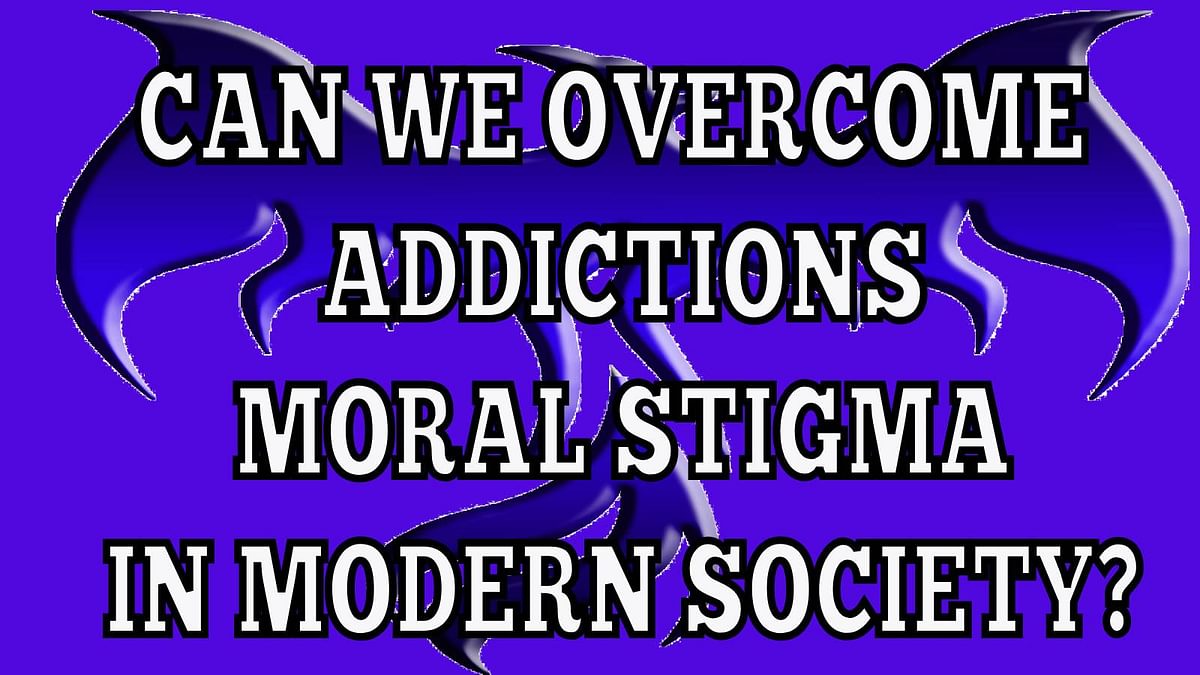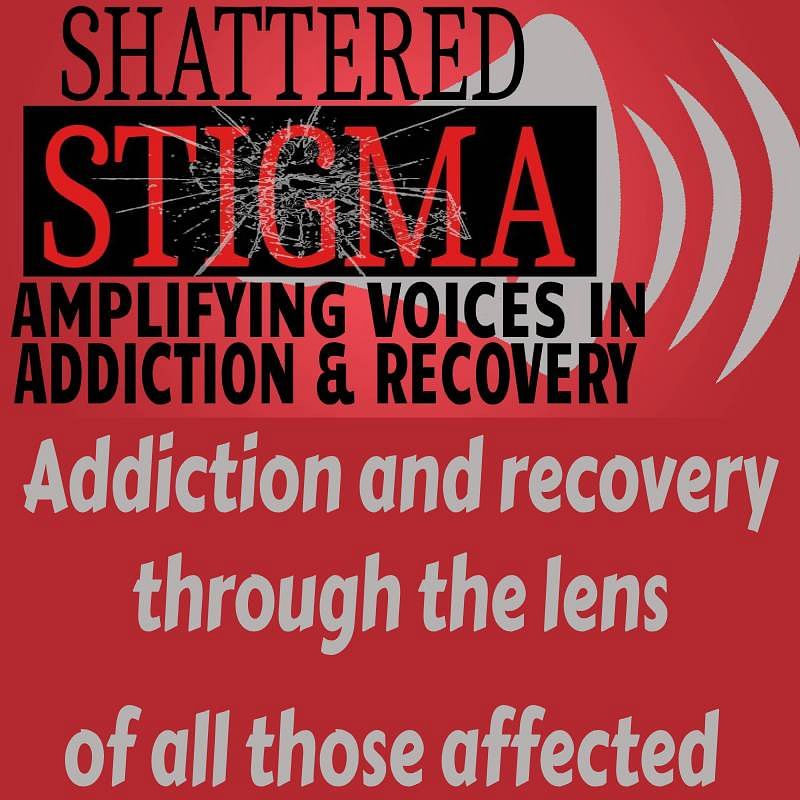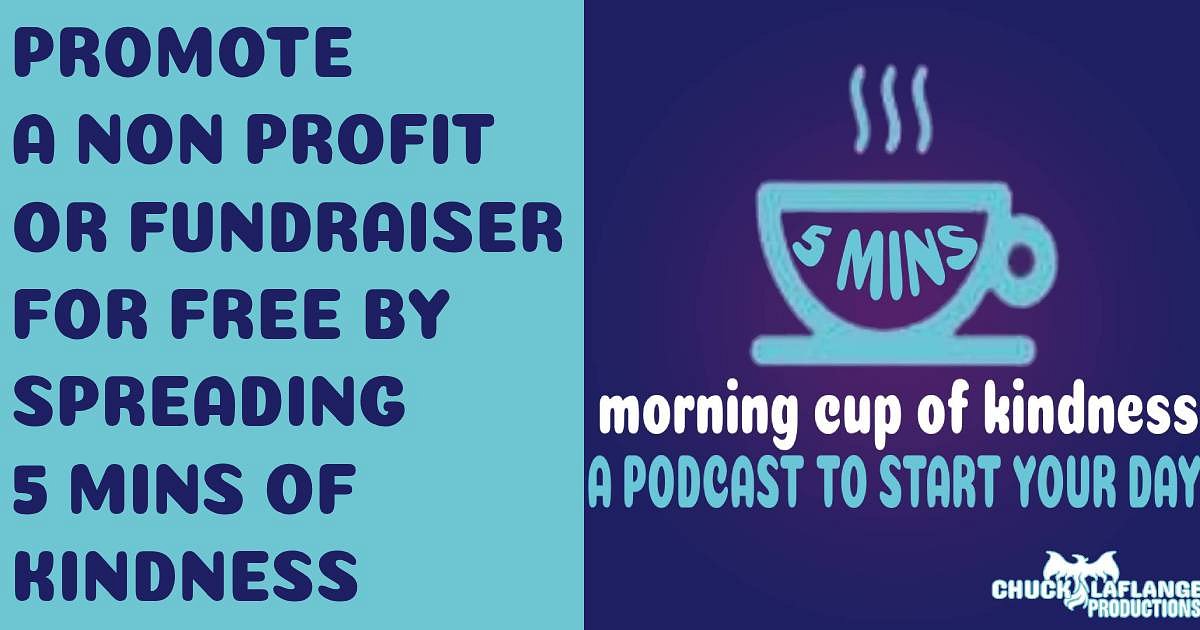
For centuries, addiction was misunderstood and oversimplified. It was often perceived as a mere lack of willpower or a moral failing. Such views were prevalent in societies worldwide, leading to the stigmatization and ostracization of those struggling with substance use disorders. Fast forward to today, and while our understanding of addiction has evolved, it's evident that these antiquated views were not only misguided but deeply harmful. However, the shadows of this outdated "moral model" continue to cast a dark pall, creating barriers to progressive policies and perpetuating untold suffering and death.
In the not-so-distant past, those grappling with addiction were frequently labeled as weak, immoral, or simply "bad" people. This perspective, which linked substance abuse to personal failure, had significant and lasting effects. Many were deterred from seeking help due to fear of being judged or shunned. At a policy level, rehabilitation often leaned more towards punishment than healing. Furthermore, the misconception of addiction as a moral flaw slowed the research into its biological, environmental, and psychological underpinnings.
Yet, in recent decades, there's been a seismic shift in our understanding. Advancements in neuroscience have illuminated addiction as a complex interplay of factors, including genetics, brain chemistry, and life experiences. We've learned that addictive substances can alter the brain's reward system, leading to compulsive behaviors. Genetic research has highlighted that some individuals might be more predisposed to addiction due to their genetic makeup. And on the environmental front, factors like socio-economic status, personal traumas, and peer pressure can all play roles in susceptibility and progression of addiction.
However, even with this more nuanced understanding, a heavy stigma persists. Born from the "moral model," this stigma continues to inflict harm on countless individuals. Many still hesitate to seek treatment, fearing societal backlash. At a larger scale, prejudiced views on addiction can obstruct the adoption of evidence-based policies, such as harm reduction strategies. This can, and often does, lead to untreated addictions and tragically, premature deaths.
So, where does this leave us? Recognizing addiction as a complex health issue, and not as a moral failing, is the crucial first step toward genuine change. We need to continue evolving our societal attitudes and prioritize compassionate, informed approaches. This might look like public awareness campaigns that challenge and upend entrenched stigmas, policy reforms that favor scientific research over outdated beliefs, and grassroots, community-led initiatives that foster understanding and support for those affected by addiction.
It's worth noting that society has indeed come a long way in its understanding of addiction. Yet, the remnants of the moral model, with its damaging stigmas, are still with us. To genuinely make strides against addiction, we must embrace it with both medical precision and human compassion. Only then can we hope to dismantle the needless suffering and deaths that arise from the shadows of past misconceptions.









